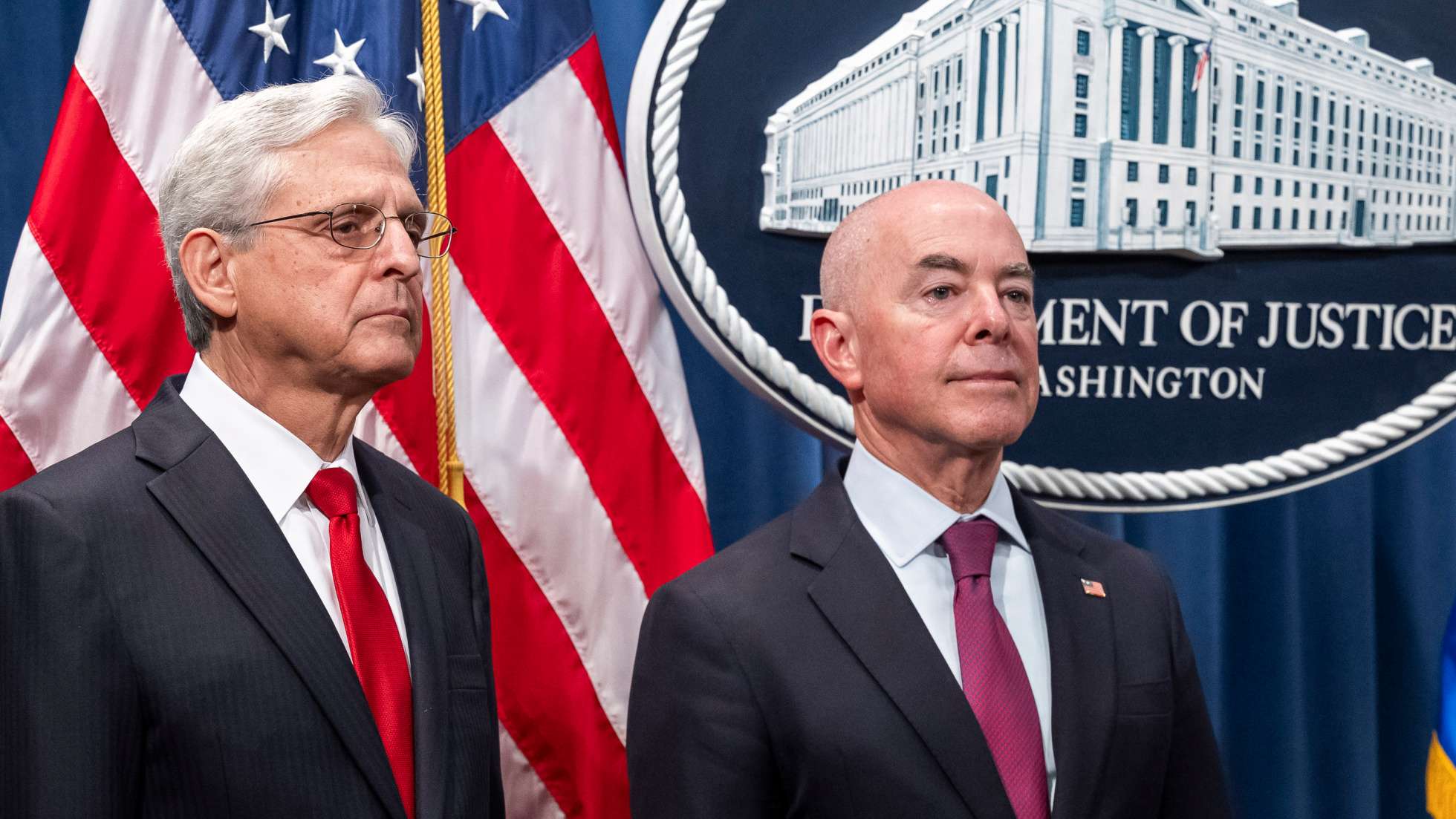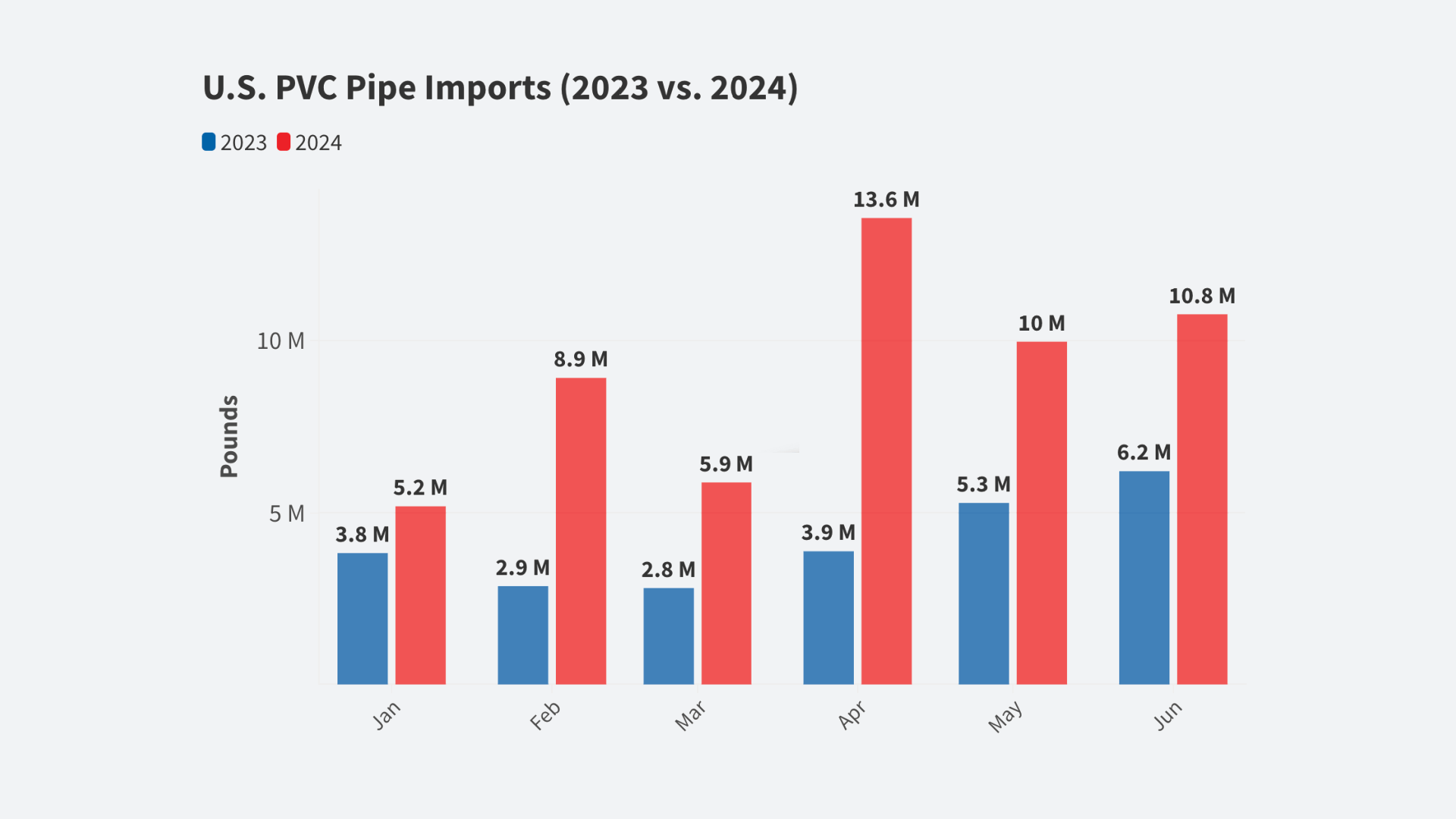
A week ago Sunday, one of the two eventual winners of the New Hampshire primaries assailed the power of corporate lobbyists over the U.S. government, labelling them “bloodsuckers.” He attacked defense contractors for forcing the government to buy missiles it didn’t need. He blasted oil companies and insurers. And he vowed to use the bargaining power of the U.S. government to drive down drug prices. Surprisingly, this was a speech not by the democratic-socialist Bernie Sanders but, rather, by the self-proclaimed billionaire Donald Trump
[James Surowiecki| February, 22 2016 |http://www.newyorker.com/magazine/2016/02/22/trump-sanders-and-the-american-worker]
A week ago Sunday, one of the two eventual winners of the New Hampshire primaries assailed the power of corporate lobbyists over the U.S. government, labelling them “bloodsuckers.” He attacked defense contractors for forcing the government to buy missiles it didn’t need. He blasted oil companies and insurers. And he vowed to use the bargaining power of the U.S. government to drive down drug prices. Surprisingly, this was a speech not by the democratic-socialist Bernie Sanders but, rather, by the self-proclaimed billionaire Donald Trump.
Even before the Trump and Sanders victories in New Hampshire last week, the surface parallels between the men had attracted lots of comment: both are insurgents, channelling widespread political disaffection. Less apparent, but more interesting, is the fact that they’re also channelling profound disaffection with three decades of American economic policy. Trump and Sanders are popular not just because they’re expressing people’s anger but because they offer timely critiques of American capitalism.
That’s obvious in the case of Sanders, whose campaign has focussed on income inequality and the undue influence of corporate élites. Trump’s economic populism, on the other hand, tends to be drowned out by his incendiary anti-immigrant and anti-Muslim positions. Nonetheless, it’s what distinguishes him most strongly from other hard-line conservatives, like Ted Cruz. Trump has called for abolishing the carried-interest tax loophole for hedge-fund and private-equity managers. He’s vowed to protect Social Security. He’s called for restrictions on highly skilled immigrants. Most important, he’s rejected free-trade ideology, suggesting that the U.S. may need to slap tariffs on Chinese goods to protect American jobs. These views put Trump at odds not only with the leadership of the Republican Party but also with the main thrust of economic thinking since the nineteen-eighties, which has been to embrace globalization.
Under both Republican and Democratic Presidents, the U.S. has led the drive to expand global free trade. The passage of NAFTA was one of the signature accomplishments of the Clinton Administration, which also played a key role in making China a member of the World Trade Organization. More recently, the Obama Administration pushed for the Trans-Pacific Partnership deal, and has been working on a similar trade agreement with Europe. Integrating the U.S. ever more fully into the global economy has been seen as both inevitable and beneficial. Global competition would make companies and workers more productive, and the benefits to American exporters and American consumers would outweigh any potential losses.
Sanders isn’t buying this. In his most recent debate with Hillary Clinton, he called America’s trade policies “disastrous,” a way for businesses to drive wages down and profits up. He’s voted against every trade agreement that has come before Congress since he’s been in office, and he opposed normalizing trade relations with China. Trump, too, hits out at China and Japan in nearly every appearance he makes, and trade was the first issue he mentioned in his New Hampshire victory speech. Instead of viewing the global trading system as a free marketplace, Trump describes it as a battlefield, and one where the U.S. is “always losing.” Free trade may get American consumers cheaper goods, but that’s outweighed, for Trump, by lost American jobs and lost American wealth.
Both Trump and Sanders downplay the enormous economic benefits of globalization for American consumers of all incomes, and their proposed solutions are vague and could well be harmful if implemented. But their words resonate with many voters, because they articulate an important truth: free trade has created major winners and major losers in the U.S. economy, and the losers—mostly blue-collar workers—have received little or no help. Trade with China, in particular, has inflicted serious damage on American communities across the country, damage from which they have yet to recover. As the economists David Autor, David Dorn, and Gordon Hanson have documented, what they call the “China shock”—beginning in 1991 and lasting into this century—demolished manufacturing in much of the U.S. Workers in the affected communities had a hard time finding and keeping new jobs, and unemployment stayed high and wages low for at least a decade afterward.
Trade isn’t the only reason that blue-collar workers’ standard of living has declined; automation and weaker unions have also played a part. By focussing on trade, though, both candidates are acknowledging something important: what has happened to U.S. labor was not a natural disaster but, in part, the product of government policies designed to accelerate globalization and expose American workers to foreign competition. That admission is more than working-class Americans have got from most Presidential candidates.
Economic populism may not ultimately be a winning strategy. Blue-collar voters in Iowa and New Hampshire came out in force for Trump and Sanders, but, over all, they represent a shrinking portion of the electorate. Trump’s nativist rhetoric will surely (one hopes) limit his appeal. And while Sanders could, in theory, reach across and win over some Trump voters—much as Robert Kennedy did in 1968, with supporters of George Wallace—defeating Hillary Clinton is obviously tough. But even if neither candidate wins the nomination the basic anxiety they’re responding to is here to stay. American workers used to believe that a rising tide lifted all boats. But in the past thirty years it has sunk a whole lot of them. ♦













